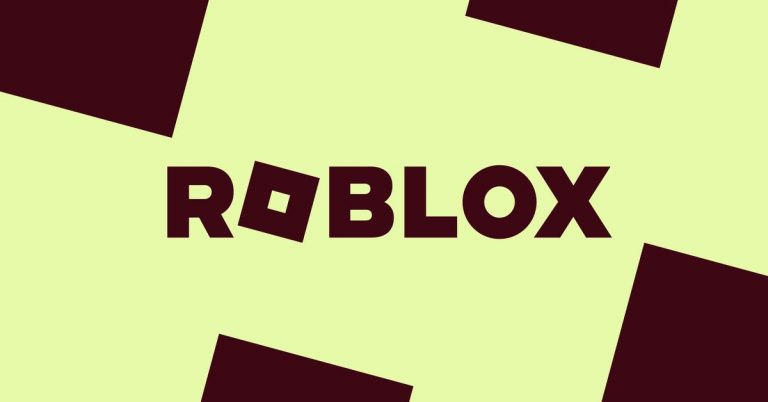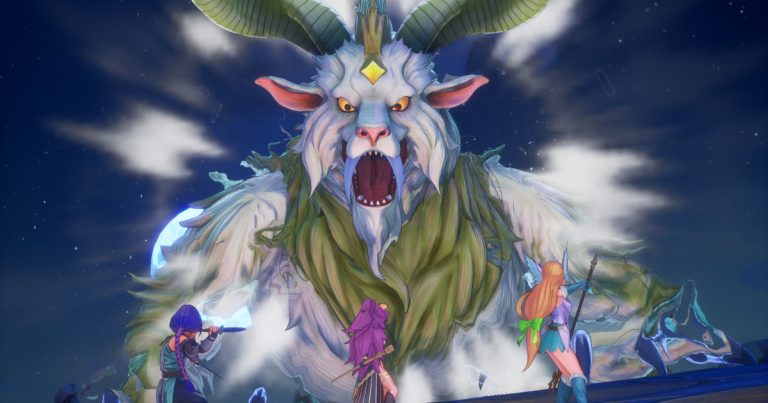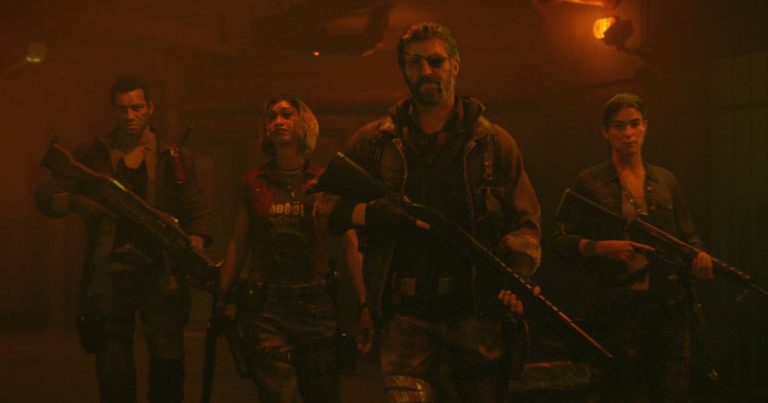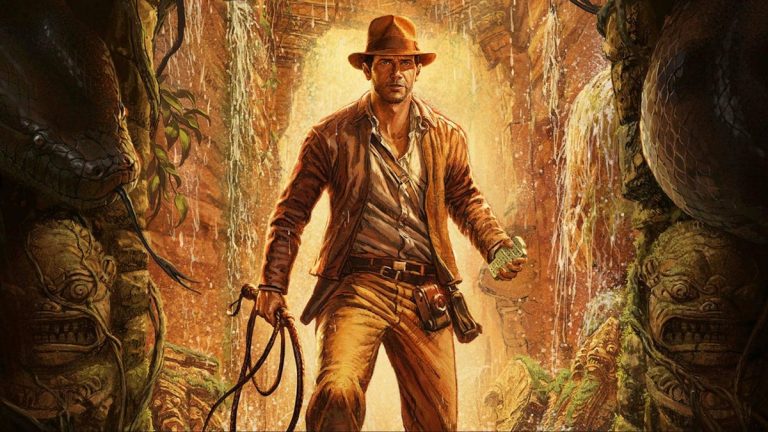Astro Bot Review: Innovative Platformer on the PlayStation
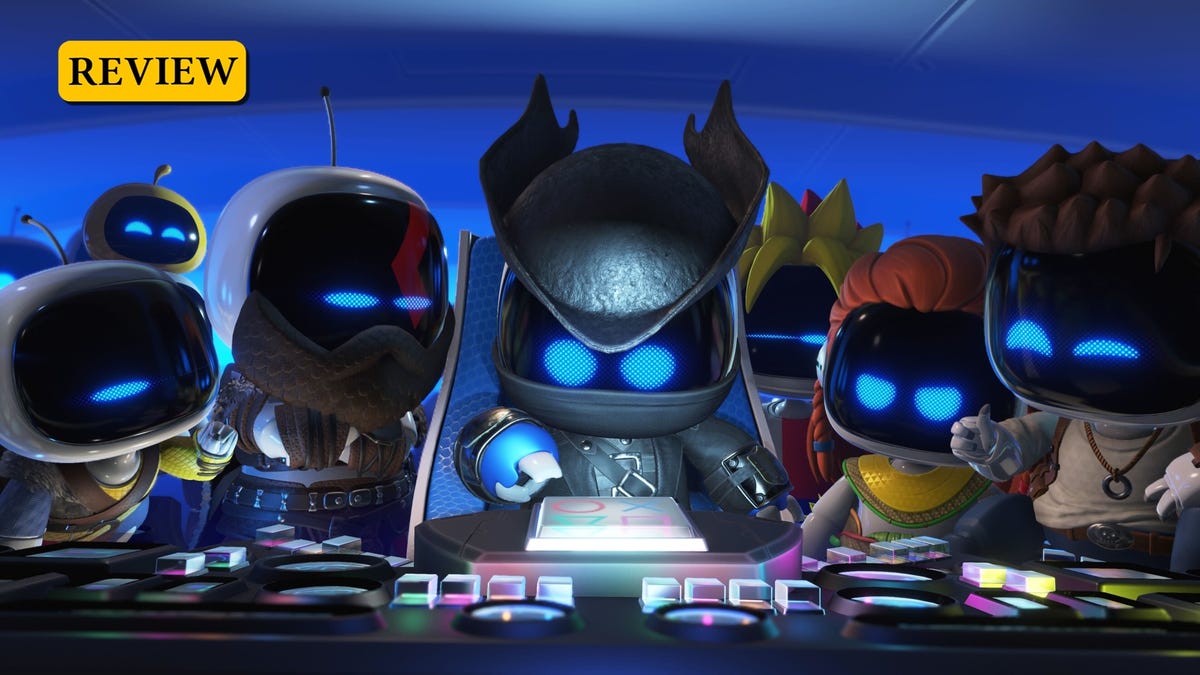
I’m not ashamed to admit that I teared up at the end of Astro Bot. Yeah, I know, it’s not exactly a reliable indicator of a game’s quality, but I thought it was a crucial detail to highlight something important about PlayStation’s excellent new platformer. It’s a celebration of the consoles and games that shaped me, and likely many of you too. It’s possessed with joy and teeming with the life of everything that PlayStation has meant to people over the years. It’s also a brilliant platformer in its own right, stuffed full of ideas that make it seem like Asobi Team is just getting started in this utterly endearing franchise.
But for all its charms and wonders, there’s also a slightly melancholy feeling that Astro Bot, which serves as a kind of museum of PlayStation’s history, is putting that legacy and the spirit of innovation that defined it under glass to be gazed upon and appreciated as a relic of yesterday, rather than to infuse and electrify the games of today and tomorrow.
I adore every bit of it, and it certainly doesn’t hurt that my entire life has been spent playing games, which fits neatly within PlayStation’s nearly 30-year history. But Astro Bot is more than just a paean to nostalgia – it’s a genuinely stellar 3D platformer. It’s got so many more levels split across numerous galaxies, and so much variety amongst them. Some levels feature platforms and enemies that require charged spinning moves to operate or defeat, while others have glass floors that break away when you walk on top of them. And there are so many more deviously concealed robots to find on each mission, incentivizing players to dig deep and explore every nook and cranny.
The sound design is also incredible – metal footsteps on metallic surfaces have never clanged so resonantly, the sound and feeling of a zipper being pulled down has never been rendered so convincingly, and the patter of rain on Astro Bot’s umbrella could convince someone there’s a downpour going on outside. The Dualsense controller is put to work in this game, and it’s a welcome feeling to be greeted by the gleeful sights, sounds, and sensations of Astro Bot’s joyful and childlike universe.
Given how Astro Bot turns even simple concepts into appealing and imaginative tableaux, I don’t see any reason why this series shouldn’t continue, free of the PlayStation branding that adorns every bit of its gorgeously rendered environs. As a matter of fact, I almost insist on it, given the uneasy feeling of all the nostalgia that Astro Bot peddles. It features some truly deep pulls and references that had me guffawing at their inclusion, but it also doesn’t do all that much with the vast majority of the characters it features. Iconic figures of PlayStation’s past are often in appropriate locales, but not every one of them gets their own tribute levels, meaning they’re mostly just there waiting for you to interact with them.
Their inclusion is cute, and should you unlock some of these characters’ associated memorabilia from the in-game gacha machine, they can be interacted with. More often than not, these interactions are Easter eggs in and of themselves, such as the death animation of a certain PS2 platforming hero, but they don’t play much of a role beyond serving as eye candy in a self-contained area. As joyous as it is to be surprised by the beloved characters of my youth, it’s also all colored by the fact that they are mostly just here on display. The veneer of nostalgia fell away for me soon after this realization, as the crash site took on an air of “Look, but don’t touch.”
It also stings to know that Astro Bot and the brilliant team that so clearly loves this history and has historically made wonderfully inventive games is born from the refuse of another studio that used to be emblematic of what PlayStation once was. Japan Studio’s closure still hurts, and Astro Bot and its ingenuity softens things some, but not tremendously. In another timeline, Astro Bot is the crown jewel atop a heap of similarly ambitious titles from a slew of passionate developers who feel emboldened to make their wildest dreams come true. Right now, it’s landing as the wider cultural landscape craves a return to stability, as teams under PlayStation’s leadership seemingly cannibalize each other’s house styles and genres or have their live-service games outright pulled within weeks of launch, and fans and game makers alike cry out for a sense of normalcy after years of growing pains and tumult. Astro Bot celebrates a history of games and is a light in the darkness to be sure, but it increasingly feels like an outlier in gaming’s increasingly narrow future rather than the full-throated reprisal of what once was.

